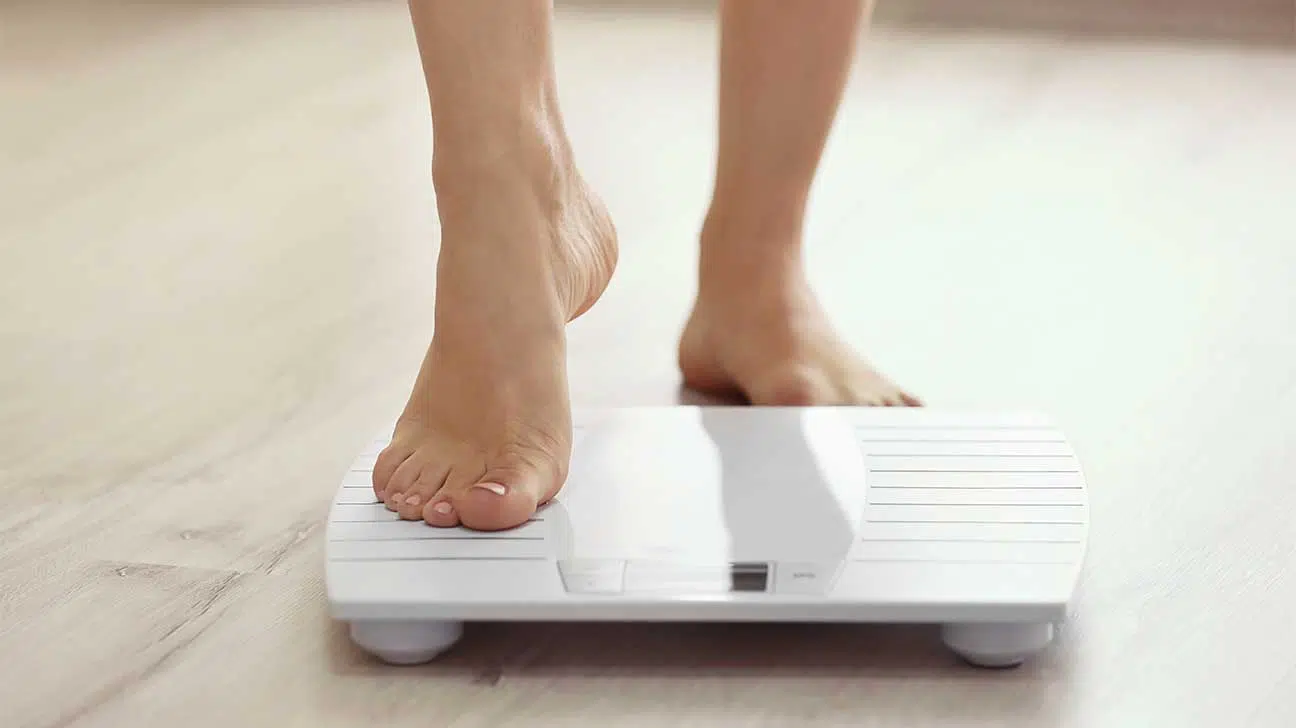
Changes in weight are a common concern among people who take prescription medications, like naltrexone, for mental health and substance use disorders.
Naltrexone, which is commonly prescribed for alcohol or opioid use disorder, is an opioid antagonist that can cause side effects associated with weight loss in some people.
Low-dose naltrexone, which is not associated with substance abuse treatment, may be prescribed off-label for weight management or as an anti-inflammatory drug for chronic pain management.
Learn more about using Naltrexone for addiction treatment
Does Naltrexone Cause Weight Gain?
Weight gain is not a reported side effect of naltrexone, also known as Vivitrol. It’s more common for the opposite to occur, although certain personal factors can affect this.
For instance, many people with chronic substance use disorders are malnourished. This can affect everything from weight to mood, sexual health, and psychological well-being.
A person may gain weight as a result of factors unrelated to their use of naltrexone, such as:
- restoring nutrition in early recovery
- changes in fluid intake
- digestive issues
- effects of other medications
Does Naltrexone Cause Weight Loss?
Naltrexone can suppress a person’s appetite and have other side effects that could potentially lead to weight loss.
Effects of naltrexone that could cause weight loss include:
- reduced alcohol intake
- nausea or vomiting
- reduced appetite
- decreased food cravings
- diarrhea
- stomach pain
Changes in weight while taking naltrexone may be influenced by the dose taken, dietary habits, and other personal factors during treatment.
Is Naltrexone Prescribed For Weight Loss?
Naltrexone combined with bupropion (Contrave) is a form of naltrexone that is FDA-approved for weight management in people with a high body mass index (BMI).
Naltrexone drugs for substance use disorders, such as Vivitrol or ReVia, are not prescribed for weight management or weight loss.
What Factors Can Affect Changes In Weight With Naltrexone?
Not everyone reacts to medications in the same way. When taking naltrexone for a substance use disorder, there are various factors that can influence changes in weight.
These factors might include:
- body mass index (BMI)
- changes in appetite
- changes in physical activity
- dose of naltrexone taken
- use of other substances
- genetic factors
- environmental factors
If you or a loved one is taking naltrexone and is concerned about changes in weight while on this medication, consider talking to your doctor for further guidance.
Find A Treatment Center That Offers Naltrexone Today
Naltrexone is a medication that can effectively reduce cravings for opioids and alcohol in addiction recovery. It has no known long-term side effects and is non-addictive.
Naltrexone is offered by some addiction rehab centers and treatment providers as a medically-assisted therapy option for people who have fully detoxed from drugs of abuse.
To find naltrexone treatment for yourself or a loved one with a substance use disorder, call our helpline for more information today.
Addiction Resource aims to provide only the most current, accurate information in regards to addiction and addiction treatment, which means we only reference the most credible sources available.
These include peer-reviewed journals, government entities and academic institutions, and leaders in addiction healthcare and advocacy. Learn more about how we safeguard our content by viewing our editorial policy.
- American Family Physician — Naltrexone/Bupropion (Contrave) for Weight Loss
https://www.aafp.org/afp/2015/0415/p554.html - Substance Abuse and Mental Health Services Administration (SAMHSA) — Naltrexone
https://www.samhsa.gov/medication-assisted-treatment/medications-counseling-related-conditions/naltrexone - U.S. National Library of Medicine: MedlinePlus — Naltrexone
https://medlineplus.gov/druginfo/meds/a685041.html


